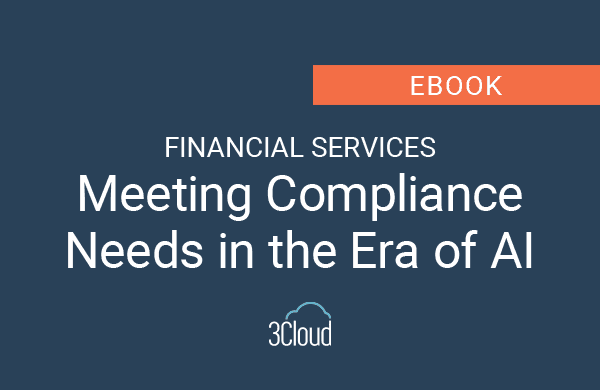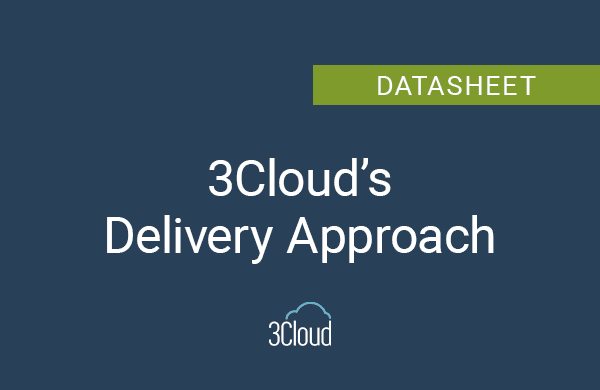
As customer experience has evolved to encompass a mix of many, often disparate physical and digital mediums, companies increasingly struggle to “see” their buyers, and instead must leverage data and analytics as a proxy for customer understanding and adapting to their customers’ needs. At every turn, businesses are attempting to collect information to learn more about buying habits through loyalty cards, give-a-ways, coupons, etc.This begs the question, what parameters do these companies use to ensure successful customer engagements?
During a panel discussion held at the Tampa Bay Startup Week , one of our consultants sat down to interview three customer experts from large marketing, and retail companies to dive into this question. How can and should organizations centralize the customer? The unanimous answer: by creating a unique customer experience.
It is nothing new that companies want to better understand their customers. The collection of customer data benefits companies through higher returns on their marketing efforts and more accurate forecasting, but when does customer analytics cross over from information seeking to downright creepy?
Creating A Personalized Customer Experience
In the United States, guidelines on the use of customer data can be elastic, so it is often the responsibility of each company to best define their own guidelines for collecting and using customer data. Marketers and businesses who have been doing this a long time have established their own best practices on how to collect, store, and leverage customer data. Dave Andreadakis, Chief Strategy Officer for Kobie Marketing, a marketing agency focused on loyalty programs and customer reward systems, believes that when a company is defining their customer analytics practices, they need to change their mentality from “How can we use this data the most to benefit my company without crossing a line?” to “How can we use this data to benefit our customers?” The foundation for customer analytics should be in building trust with customers. The companies that are truly doing it well are focusing less on collecting data to extend their reach and more on personalization to create a truly unique customer experience at every interaction.
Allowing for Meaningful Customer Engagements
Engaging with individual customers may seem unrealistic, but companies have discovered the bridge to more easily building personal relationships. Jean-Pierre Abello, Sr. Director of Global Engineering Research & Development for Nielsen, points to many ways that companies of all sizes can foster an environment of trust between customers through digital interactions such as surveys and personalized rewards. These types of digital interactions can easily be automated and customized to scale for larger audiences.
Milind Bharvikar, CEO of Priatek, a national gaming platform focused on creating meaningful customer engagements through fun experiences, highlighted the importance of interacting with customers to establish trust, “Focus on voluntary engagement. It’s more powerful when a customer engages a brand than when the brand chases a customer”, Bharvikar stated. Most customers are willing to offer up information if it is convenient and feels beneficial to them. Offering customers a voice and listening to their opinions helps to establish that trusting relationship between customers and brands.
Improving Advertising Content
Companies must remember that advertisements are meant to deliver value to the customer. Many modern organizations are replacing traditional internal marketing evaluation processes such as A/B testing with one on one conversations and preference centers to ask customers directly if they found an advertisement useful or if they enjoyed a commercial. As an example, consider streaming a TV show on Hulu and are forced to watch an advertisement. Companies like Hulu want viewers to keep coming back, so they want to show advertisements that viewers don’t mind watching and don’t negatively affect experiences. Through purchasing buyer data, Hulu has increased their knowledge of their customers and can take that information to now improve buyer experience with relevant advertising content. This type of personalized interaction is an example of how companies can leverage customer data in a responsible way to understand their customers’ needs and establish trusting relationships.
Customer loyalty is no longer a product of brand quality. Customers must feel that they are aligned personally with a company. Loyalty must be nurtured through personalized engagement and continuous learning only possible using sophisticated customer analytics. If companies are responsible with customer data and focus their efforts on benefiting customers instead of themselves, they will create loyal customers for life. Interested in watching the full presentation? View “Driving Innovation with Analytics” here.
Impact customer engagement through the use of data and analytics. Contact a data professional at 813.265.3239 for insight into Business Intelligence solutions.




